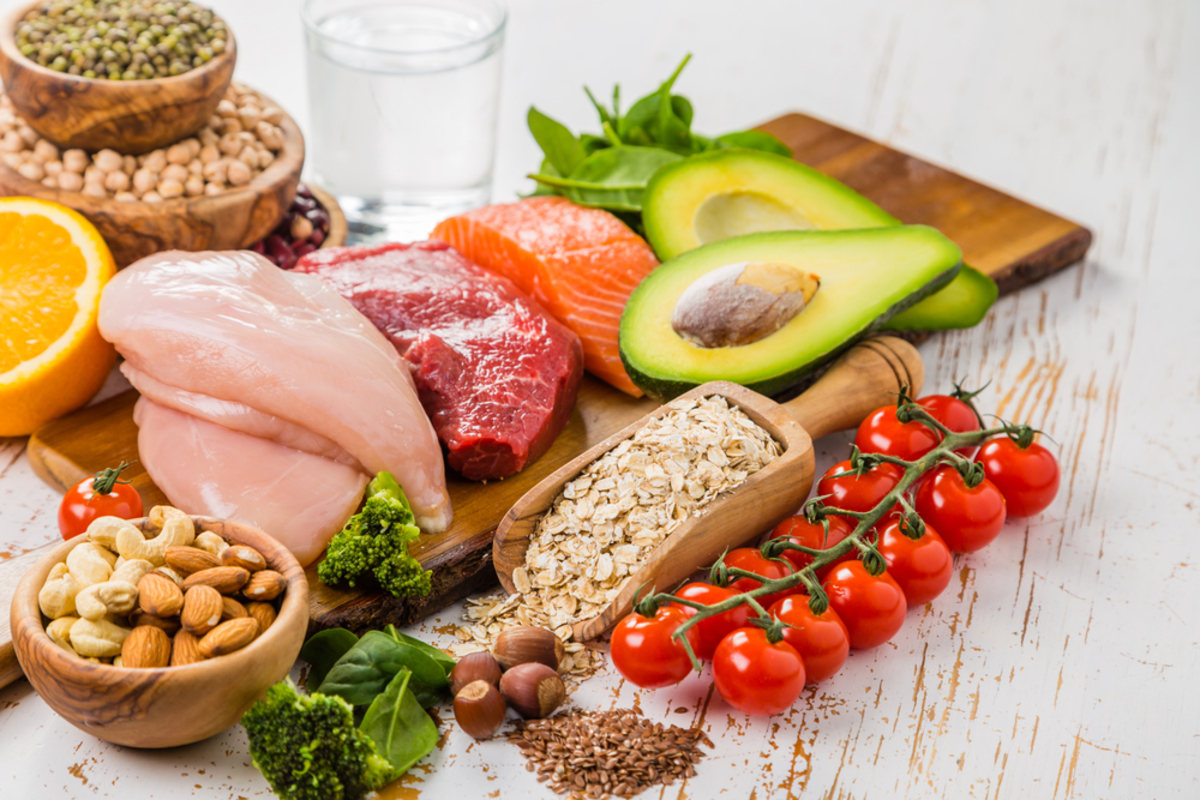Patanjali foot care: DIY Ayurvedic solutions
Discover effective DIY Ayurvedic foot care solutions from Patanjali for revitalized, healthy feet. Explore natural remedies and products for soft, supple soles.
Studies suggest that coriander seeds can help lower the levels of bad cholesterol. In a pan, roughly roast two to three teaspoons of coriander seeds and grind later. Boil with one cup of water, strain, and drink.

Changing what foods you eat can lower your cholesterol and improve the armada of fats floating through your bloodstream. Adding foods that lower LDL, the harmful cholesterol-carrying particle that contributes to artery-clogging atherosclerosis, is the best way to achieve a low cholesterol diet.
Different foods lower cholesterol in various ways. Some deliver soluble fiber, which binds cholesterol and its precursors in the digestive system and drags them out of the body before they get into circulation. Some give you polyunsaturated fats, which directly lower LDL. And some contain plant sterols and stanols, which block the body from absorbing cholesterol.
Here are a few lifestyle changes and cholesterol-lowering foods that can help improve the levels of good cholesterol in your body.
Advertisement
Drink your way to health
Studies suggest that coriander seeds can help lower the levels of bad cholesterol. In a pan, roughly roast two to three teaspoons of coriander seeds and grind later. Boil with one cup of water, strain, and drink.
Additionally, green tea without sugar can also help lower cholesterol levels and boost high-density lipoprotein or good cholesterol. You can enjoy the benefits of either of these drinks twice daily.
Include more vitamin C
Because it is an antioxidant, vitamin C helps increase good levels of cholesterol and triglycerides, while decreasing the levels of bad cholesterol. You can snack on citrus fruits such as oranges, papayas, kiwis, grapefruits, etc.
Besides, studies claim that drinking three glasses of freshly prepared orange juice a day can help lower the levels of bad cholesterol.
Increase intake of omega-3 fatty acids
Loaded with omega-3 fatty acids, fish helps reduce inflammation, decrease the levels of bad cholesterol and increase the good cholesterol. Mackerel, tuna, salmon, and sardines are all great sources of omega 3 fatty acids.
Besides, flaxseeds too are great sources of omega-3s fatty acids. You can either directly eat two tablespoons of flaxseeds or grind and add to your meals. Besides, you can also use flaxseed oil in your salads and daily cooking.
Embrace the goodness of garlic and cinnamon
The health benefits of garlic have long been known. Including two to three cloves of garlic in your daily cooking can help reduce the harmful cholesterols from the body.
Alternatively, add a punch to all meals by sprinkling some cinnamon powder into them. You can also add half a tablespoon of ground cinnamon to your morning cup of Joe.
Oatmeal for breakfast
Oats are enriched with soluble fibers, beta-glucan, and helps reduce bad cholesterol. Eating one cup of oatmeal every morning is the best and easiest way to beat cholesterol. To up your health game, you can also include freshly cut fruits such as bananas, apples, kiwis, grapefruits, walnuts, almonds, etc.
Say no to white bread
Small lifestyle changes such as cutting back on simple carbs like white bread and substituting it for whole-grain bread and brown rice can help increase the levels of good cholesterol. These healthy substitutes are loaded with the right amount of dietary fiber to help you stay healthy.
Manage stress
It is important that you cater to your overall well-being, be it mental, emotional, or psychological, in order to effectively lower your cholesterol levels. To reduce stress, you could enroll yourself in yoga or dance classes, take regular breaks between long working hours, etc.
Exercise regularly
Studies suggest that regular physiological exercises such as walking, running, swimming, cycling, etc., can help increase the levels of good cholesterol. Besides, losing weight especially fat around the stomach can significantly help lower bad cholesterol.
Say cheers!
Studies claim that sipping a glass of wine or draught beer can help boost the levels of good cholesterol. Red wine in particular is known to be rich in saponins, a plant compound that can effectively reduce cholesterol.
No smoking and cut down the drinking
Making good choices such as quitting smoking can help improve the levels of good cholesterol in your body. Additionally, while moderate consumption of alcohol can help improve cholesterol levels, it is important that you limit yourself to one drink a day.
Advertisement